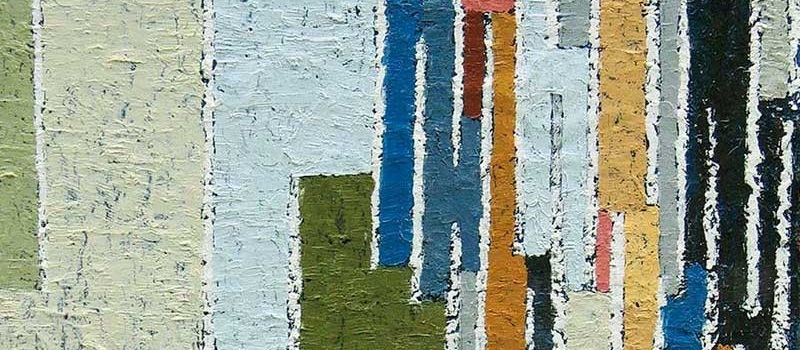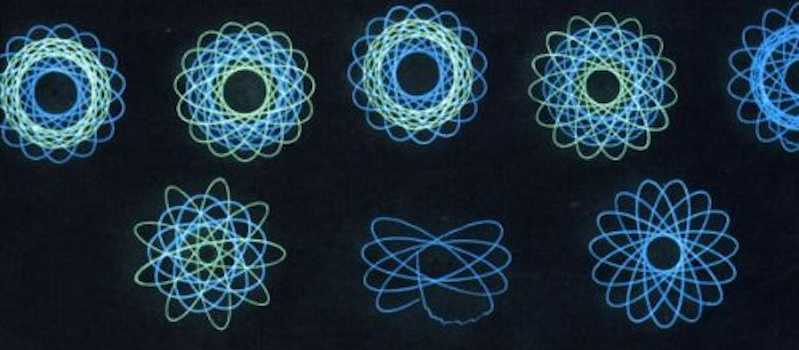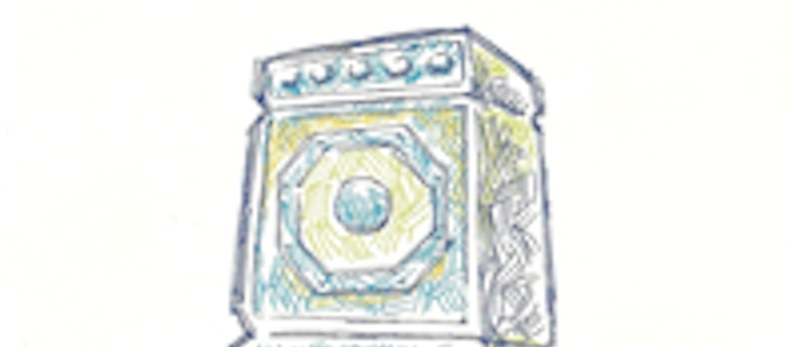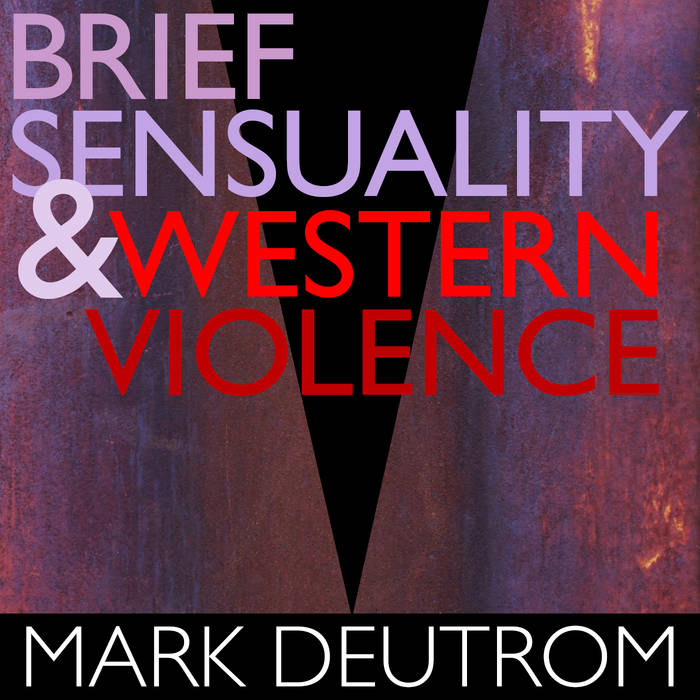The spare ghost-blues and carefully whispered refrains that are Corrina Repp’s stock and trade on the Hush Records disc It’s Only The Future are increasingly well-traveled terrain in the indie singer-songwriter genre, something that sadly seems to tap some of the vitality from projects that paint themselves in these very colors.
Blame it on the inviting misery or mesmerizing acoustic Minimalism of Bill Callahan’s The Doctor Came At Dawn or the expansive slow-core of Low, but the bar seems to rise ever higher on those who venture down the path of crafting fragile, slowly unfolding odes or ballads that rely on emotive, breathy vocals as much as they do trembling acoustic guitars or the occasional flutter of a found sound.
More than some of her peers, Repp seems to rise to the challenge — presenting songs whose subtle shapes and repetitions invite the listener further into the sentiments behind the text — but she also occasionally overextends herself by surrounding her finest tracks with airy numbers that don’t often register as clearly.
Of the ten songs on It’s Only The Future, roughly half fall into the former category and they’re scattered throughout the proceedings.
The album-opening “Lost At Sea” is one of those bright moments, a song where Repp’s low-key vocals are cast against a horizon of droning organs, electronic clicks and clicks, and the simple figures of an acoustic guitar.
Others are the incredible “No One’s Telling” and “S.S. 5,000,” two tracks whose pulse is registered not with Repp’s sometimes-smoky, just-above-a-whisper delivery but with stark yet effective hip-hop beats that call to mind the post-My Bloody Valentine outfit Snowpony.
“Here’s Someone Else,” which seems to hint at the seductive vocal delivery of Low as much as the naked acoustic refrains of Leonard Cohen’s early years, may be the record’s finest track.
But Repp surrounds these songs, which are sometimes as devastating as they are deceptive in their supposed simplicity, with tracks that feel merely like place-holders. The relatively short title-track — while including all the staples of other Repp songs (whispered vocals, spare guitar, subtle and looped electronics) — doesn’t seem to resonate beyond its running time.
On the opposite end of the spectrum sits “You Almost Made It Out, But You Turned Around.” The record’s longest track at nearly six minutes, Repp doesn’t seem to expand or unfurl it enough to fully engage the listener, instead relying on the same repeating acoustic guitar measures or swelling organs. Though it’s aided by effective keyboard moans and some sweet glassy electric guitars, “Have + To Hold” meets a similar fate, a series of well-intended verses that don’t always hit their mark.
Lyrically, Repp feels less like a peer of Edith Frost or Snowy’s Bonni Evensen (both of whom her voice calls to mind) than a student of Bill Callahan. At their best, Repp’s lyrics are — like Callahan’s — descendents of the blues, simple but emotive statements that gain a sense of depth and scope through careful repetition.
For evidence, you don’t have to look much further than the album’s first track, where Repp sings, “If I’m lost at sea/ Will you wait for me?/ If I’m shot down/ Will you look for me?/If I’m locked out/ Will you let me in?/ Now I can’t get out, I forgot how/ You held all the doors open/ You held all the doors open.”
Later in the record, the repetition of phrases reveals the depths of wounds, perhaps, or feels almost like a conversation between lovers. “But you know me too well sometimes,” she repeats at least four times over in “Finally.” “You know that it fades away/ We all have a way to be replaced/ To be replaced/ To be replaced/ To be replaced,” she intones in the aching and aptly titled “Replaced.” “With someone brighter than you/ With a future you can turn to/ You can turn to/ You can turn to/ You can turn to.”
The result can be as sad as it is hypnotic. The record closes not with Repp’s fragile blues but a cover of the boozy ballad “I’ll Be Seeing You,” which she colors with heavily reverbed, late-night jazz club vocals, fuzzy guitar and the buried murmurings of a piano. It’s an interesting close, a way of keeping the listener, maybe, from drifting off into the dreamy, airy refrains of earlier tracks.
It’s not the record’s finest moment but, like some of the best of It’s Only The Future, it keeps Corrina Repp from sounding like just another singer-songwriter translating sadness into a couple of guitar notes that, repeated ad infinitum, make the head as numb as the heart is broken.




